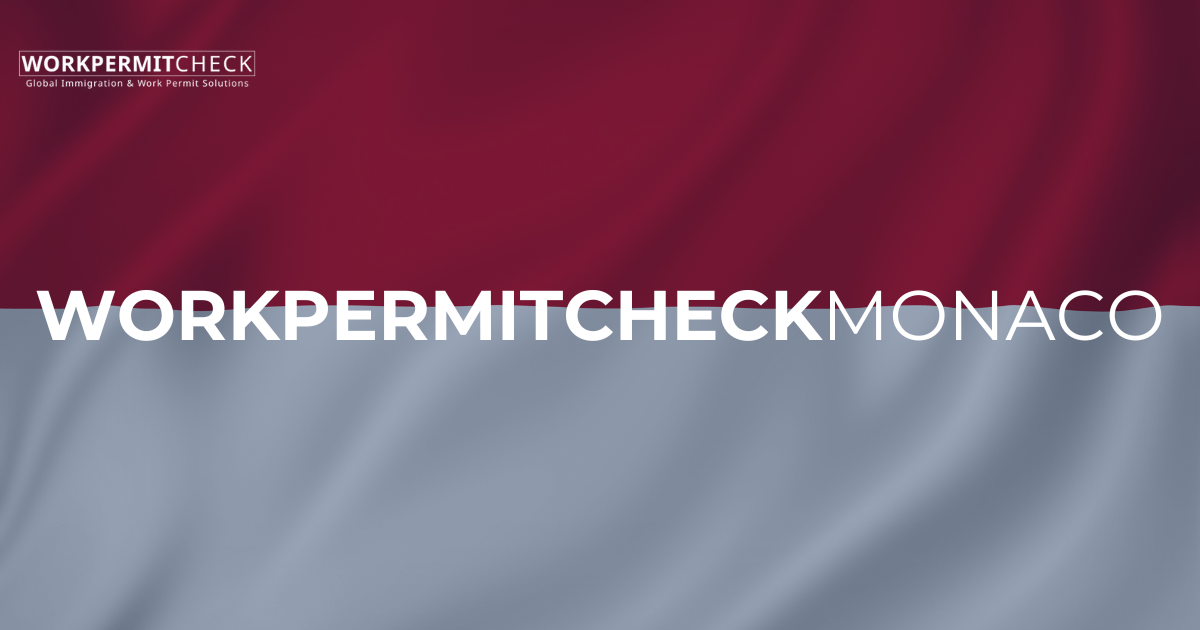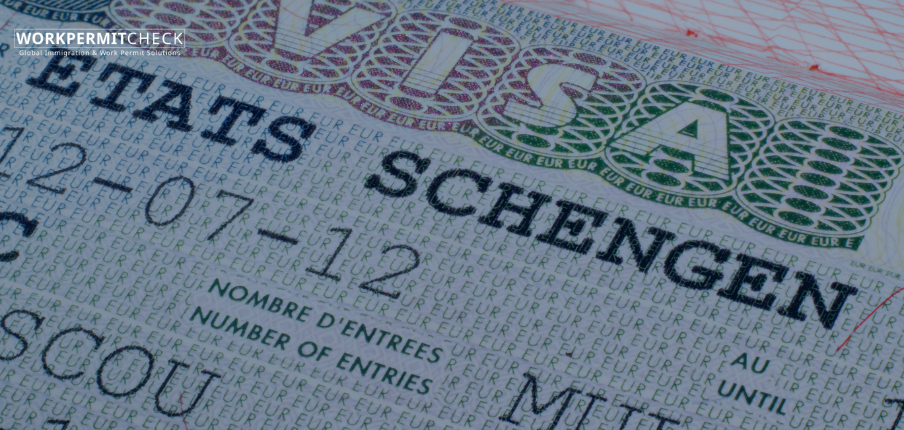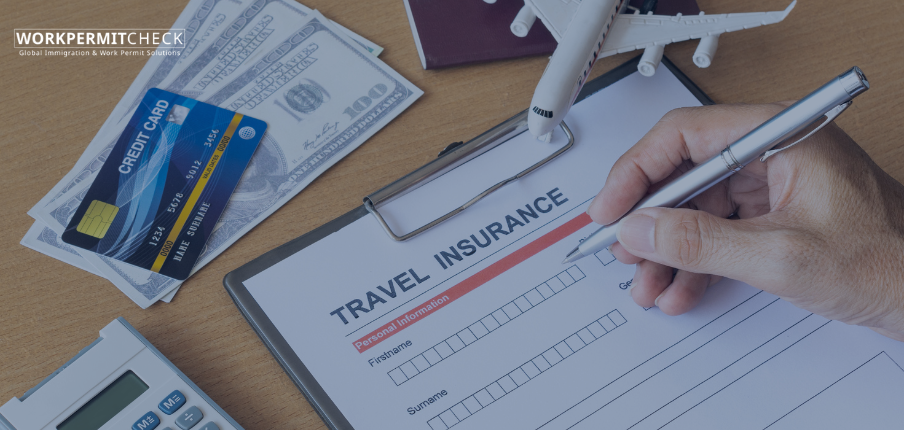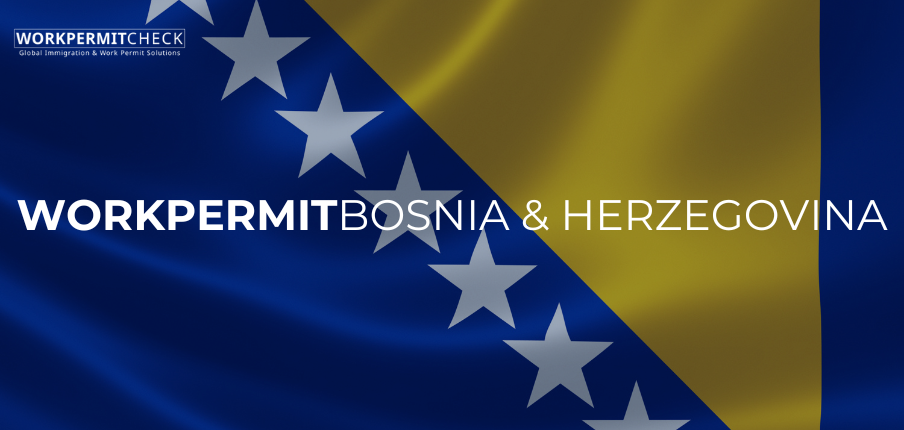Sweden is a top destination for skilled professionals from around the world, offering high living standards, a stable economy, and strong worker protections.?However, before starting work, it’s essential to understand your tax obligations as a foreign employee.
This guide explains how taxation works for foreign workers in Sweden — including registration, tax rates, deductions, and special tax rules for short-term or temporary employees.
1. Do Foreign Workers Need to Pay Taxes in Sweden?
Yes. Anyone earning income from work performed in Sweden is generally required to pay Swedish income tax, regardless of nationality.
Your tax liability depends on two main factors:
• Residency status (whether you are a resident or non-resident for tax purposes)
• Duration of your stay and employment
The Swedish Tax Agency (Skatteverket) determines your tax category when you register in Sweden.
2. Tax Residency in Sweden
Foreign workers are classified into two main categories:
• Tax Residents:?If you stay in Sweden for more than six consecutive months, you are considered a tax resident.?You must pay Swedish tax on your worldwide income.
• Non-Residents:?If you work in Sweden for less than six months, you are a non-resident.?You are taxed only on income earned in Sweden under the SINK tax system (Special Income Tax for Non-Residents).
3. SINK Tax – For Short-Term Foreign Workers
The SINK tax (Special Income Tax for Non-Residents) is a simplified tax regime for foreigners staying in Sweden less than 183 days in a 12-month period.
Key features:
• Flat tax rate: 25% (no deductions allowed)
• No need to file an annual tax return
• Employer withholds tax directly from your salary
• You must apply for SINK approval from Skatteverket before starting work
If your stay exceeds six months, you will be moved to the ordinary income tax system.
4. Ordinary Income Tax – For Long-Term Residents
If you work in Sweden for more than six months, you’ll be taxed under the ordinary Swedish income tax system, which includes:
• Municipal tax: Around 30–35% (varies by region)
• National tax: 20% on annual income above SEK 598,500 (approx.)
Employers deduct tax automatically, and you must file an annual income tax return.
5. Employer Responsibilities
Swedish employers are responsible for:
• Withholding the correct tax from your salary
• Registering you for tax and social security contributions
• Reporting your earnings to Skatteverket
If you work for a foreign employer without a Swedish office, you may have to handle your own tax payments directly.
6. Tax Deductions and Benefits
Tax residents may qualify for deductions, such as:
• Work-related expenses (tools, uniforms, travel)
• Pension contributions
• Union membership fees
• Home office expenses (for remote workers)
Foreign workers covered under the Expert Tax Relief (for highly skilled employees) can pay reduced taxes for up to five years, subject to approval by the Swedish Taxation of Research Workers Board.
7. Social Security Contributions
Most employees in Sweden are also covered by the Swedish social security system, which includes health insurance, unemployment benefits, and pensions.?These contributions are paid by employers — not deducted from your salary.
However, if you are a posted worker from another EU country, you may continue paying social contributions in your home country instead.
8. How to Register for Tax in Sweden
To work and pay taxes legally in Sweden, you must:
1 Register with the Swedish Tax Agency (Skatteverket)
2 Obtain a Swedish personal identity number (personnummer) or coordination number
3 Submit a SINK application (if applicable)
4 Provide your employment details and residence permit
You can register at your nearest Skatteverket office or online through their official portal.
Key Takeaway
All foreign workers in Sweden are subject to taxation, either under the SINK regime for short-term stays or the ordinary tax system for long-term employment.?Understanding your tax status early ensures compliance and prevents legal or financial issues during your stay.
Disclaimer
This article is for informational purposes only and does not constitute tax or legal advice.?Tax rules in Sweden may vary based on nationality, length of stay, and employment type.?Always verify current requirements with the Swedish Tax Agency (Skatteverket) or a certified tax professional before filing or applying.
October 22, 2025





















































































































































































































































































